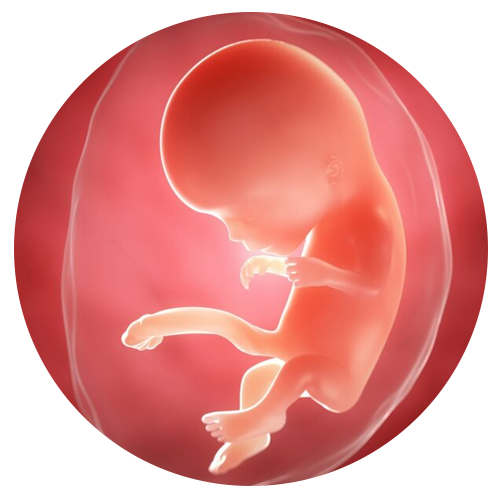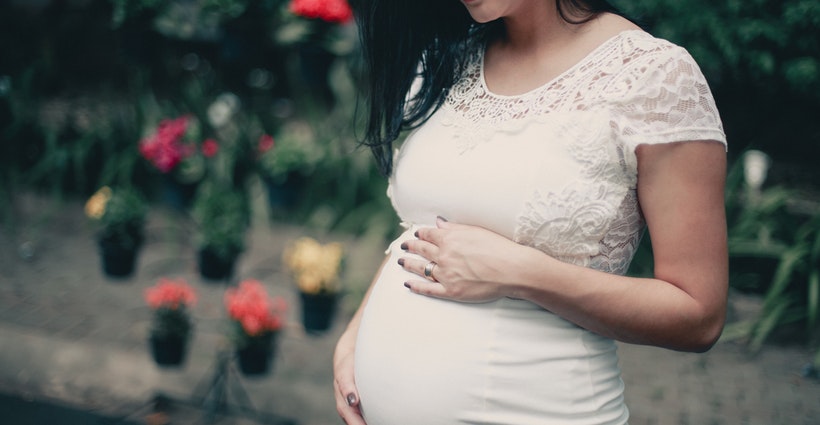11 weeks pregnant: Pregnancy Symptoms & Baby Development
Find out what to expect from every week of your pregnancy.
11 weeks pregnant is how many months?
Month 3 (Trimester 1)
Baby development at 11 week
Morning sickness

Calcium

As your waist begins to thicken you may begin to notice the beginnings of your pregnancy bump. Don’t fret if there’s nothing to see yet, it probably won’t take long before you’re showing.

Early pregnancy symptoms at 12 weeks
Early pregnancy symptoms vary from person to person. At 12 weeks, you may experience any of the following signs of pregnancy, or no symptoms at all:
The fatty acids Omega 3 and 6 support the healthy development of your baby’s brain, and can only be obtained from your diet. Making sure you include good sources of Omega 3 in your diet will help you give your baby the best start for a healthy future.
Making sure you include good sources of Omega 3 in your diet will help you give your baby the best start for a healthy future.
Try these Omega 3-rich snacks and small meals:
- Mackerel on a slice of wholegrain toast
- Grilled salmon with steamed leafy vegetables
- Salmon fishcakes
- A handful of nuts and seeds
- A bowl of wholegrain cereal

THE SCIENCE BEHIND OMEGAS 3 & 6
Powered by Nutricia
Omegas 3 and 6 are two types of long chain polyunsaturated fatty acids, collectively called LCPs. One of the Omega 3 LCPs, known as docosahexaenoic acid, or DHA for short, contributes to your baby’s brain development13. It also supports the normal development of your baby’s eyes and is associated with development post-birth, specifically normal visual development throughout the first year.
To support your baby’s brain development, try to include an extra 200mg of DHA each day. Oily fish are an excellent source and eating 1-2 portions of oily fish per week will provide sufficient DHA for you and your baby. However, it’s recommended that you eat no more than two portions per week due to the toxins they may contain. For a healthy intake of other Omega 3 fats on the days you don’t eat oily fish, snack on a handful of nuts or start your day with a bowl of wholegrain cereal.
